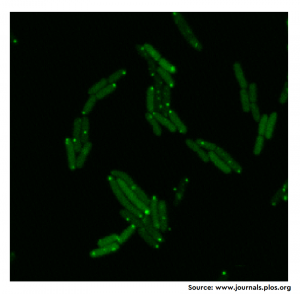The transfer of antibiotic resistance genes (ARGs) has become a crucial health concern and understanding the process of transmission is important for human health. With the help of sequencing techniques, it is now possible to examine the contribution of mobile genetic elements towards the spread of ARGs. The spread of ARGs majorly occurs by formation of conjugative pilus which acts as a pathway for interaction between bacterium and the donor for the transfer of genetic elements. Pig fecal samples are often found to contain ARGs. Previous studies have shown that bacteriophages may encode ARGs in pig feces.
Study was conducted by collecting fecal samples from 14 pigs and deep sequencing was performed on highly purified viral fractions and microbiota. It was revealed that ARG genes are 1000 fold lower in viral genome as compared to the bacterial genome. Therefore, the pig samples with heavy antibiotic use, had lesser probability of detecting an ARG in phage contig and more in bacterial genome. The results indicate a green signal in terms of safety for the phage use to treat infections, with an exception of the ones with high transduction levels.
To know more about the trend, visit the website of ICME Communications (Link).







